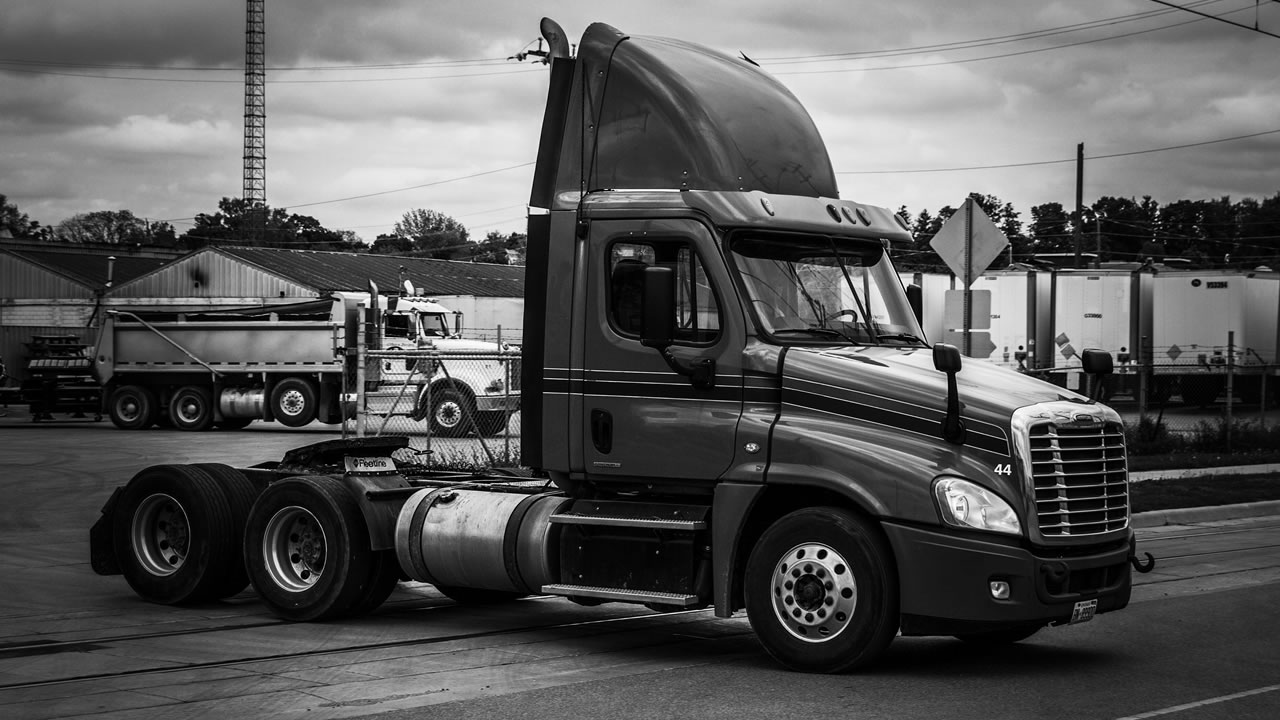11-14-2024
Maintaining compliance for vehicle registration and operation
Share:
Maintaining Compliance in Vehicle Registration and Operations for the Trucking Industry
While truck drivers and owner-operators might think that it is a waste of time to be aware of all vehicle registration and operational rules, avoiding fines and penalties is as important as operational delays. The trucking industry is considerably influenced by many federal, state, and local laws. And being aware of all these will be indispensable to remain legal and smooth in operations. Here is how to remain compliant when it comes to vehicle registration and operations.
Vehicle Registration
Compliance starting points begin with proper vehicle registration. Whether your trucks carry loads interstate or intrastate, be sure to get registered with the right authorities.
-
Federal Registration: If you're crossing state lines, then registering with the Federal Motor Carrier Safety Administration will be necessary and you could obtain an Interstate Operating Authority and a USDOT number.
-
State Registration:
Depending on where you operate, you will also need to follow the requirements of different states concerning vehicle registration. Other states may request you to have special plates.
-
IRP Registration:
You can file one registration in a particular jurisdiction under the International Registration Plan (IRP) where you get the required charges for your vehicle on all the other states where you operate. IRP helps facilitate operations across state borders because you will not need to make distinct registrations.
Pay Taxes and Fees on Time
Operating a vehicle is usually associated with the payment of specific taxes and fees to ensure legal validity. Examples include:
-
Heavy Vehicle Use Tax (HVUT) When your vehicle is weighing more than 55,000 pounds, you are liable to file Form 2290 and pay the HVUT annually. Failure to do so may attract a penalty.
-
Fuel Taxes If you drive trucks into several states, you need to know about the International Fuel Tax Agreement, which mandates that you periodically report how much you've consumed in other states.
-
Toll Fees Most highways collect tolls, so these costs must be tracked. Be sure to get your truck equipped with a transponder for the toll pass.
The other major requirement of compliance is to ensure that your truck is always roadworthy. Regular inspections and maintenance therefore would be more for safety but also a legal requirement.
-
DOT Inspections: DOT requires that trucks be inspected once a year. An annual inspection is required for a truck by the U.S. Department of Transportation to ensure the safety of critical systems, including brakes, tires, and lights.".
-
Pre-Trip Inspections:
Drivers need to do a pre-trip inspection every time they go out, which will include looking for any possible issues on the vehicle.
-
ELD Compliance:
Drivers mandated to employ ELDs for HOS recording need to ensure they also comply with any regulations about the functionality of ELDs.
Licensing and Insurance Requirements Should be Updated
The most important things to keep you in compliance are licensing and insurance. Make sure your CDL is current and you are up on all of your insurance policies.
-
Requirements For CDL: Your class should be correct regarding the vehicle you drive, and it needs to be renewed annually.
-
Insurance Coverage:
Under federal and state laws, truckers have to have certain amounts of insurance. If you carry goods, then cargo insurance is a must.
Maintenance of compliance with registration of and operation of vehicles in the trucking industry requires such diligence and organization. Ensure your vehicle is properly registered, up-to-date on required taxes and inspections, and current on licensing and insurance. This will help you avoid expensive fines and enjoy smooth operations. All these aspects can be made easier with good record-keeping and technology, giving you more time to see ahead on the road.
Note: For more information, visit IRS website
